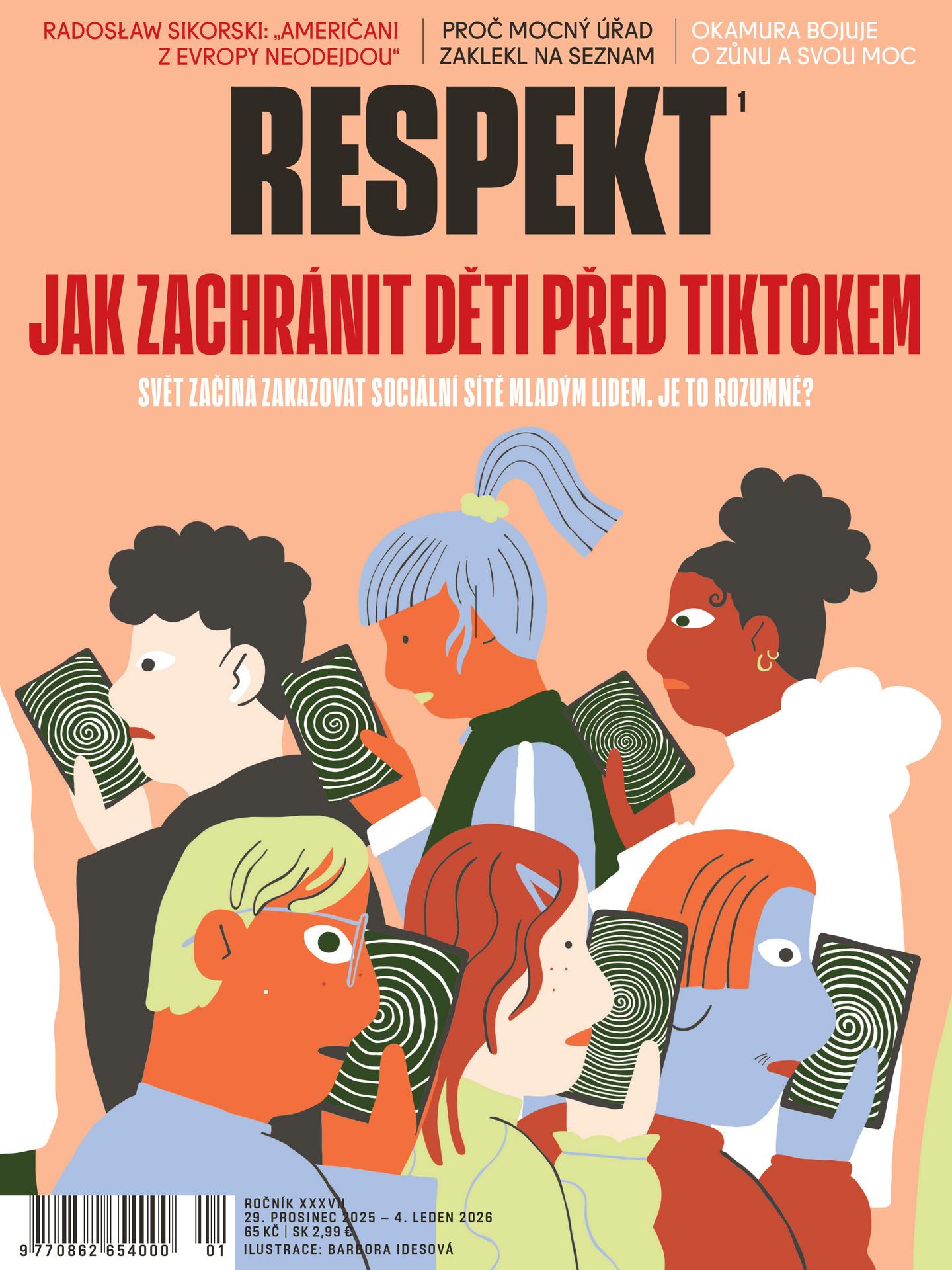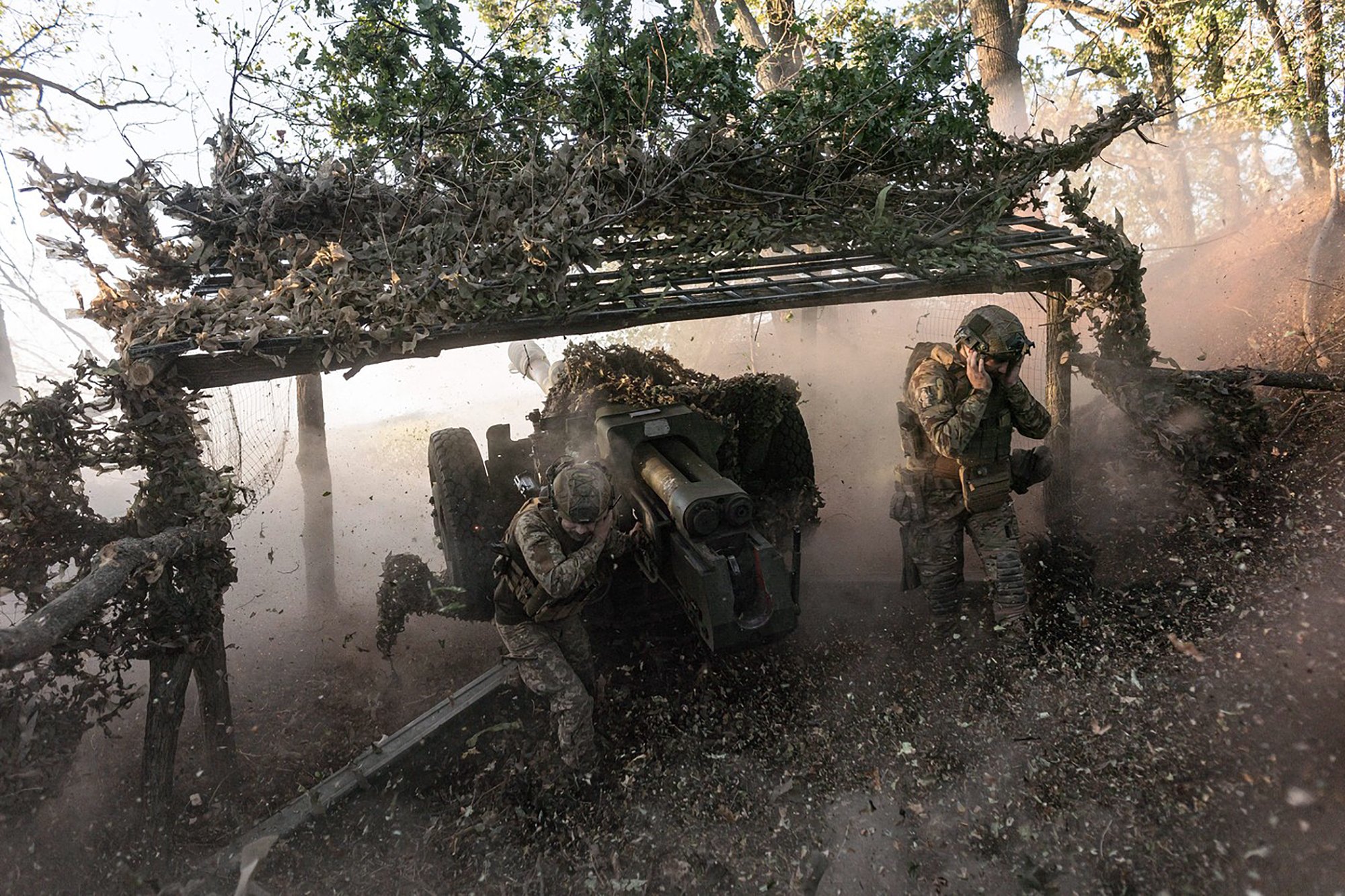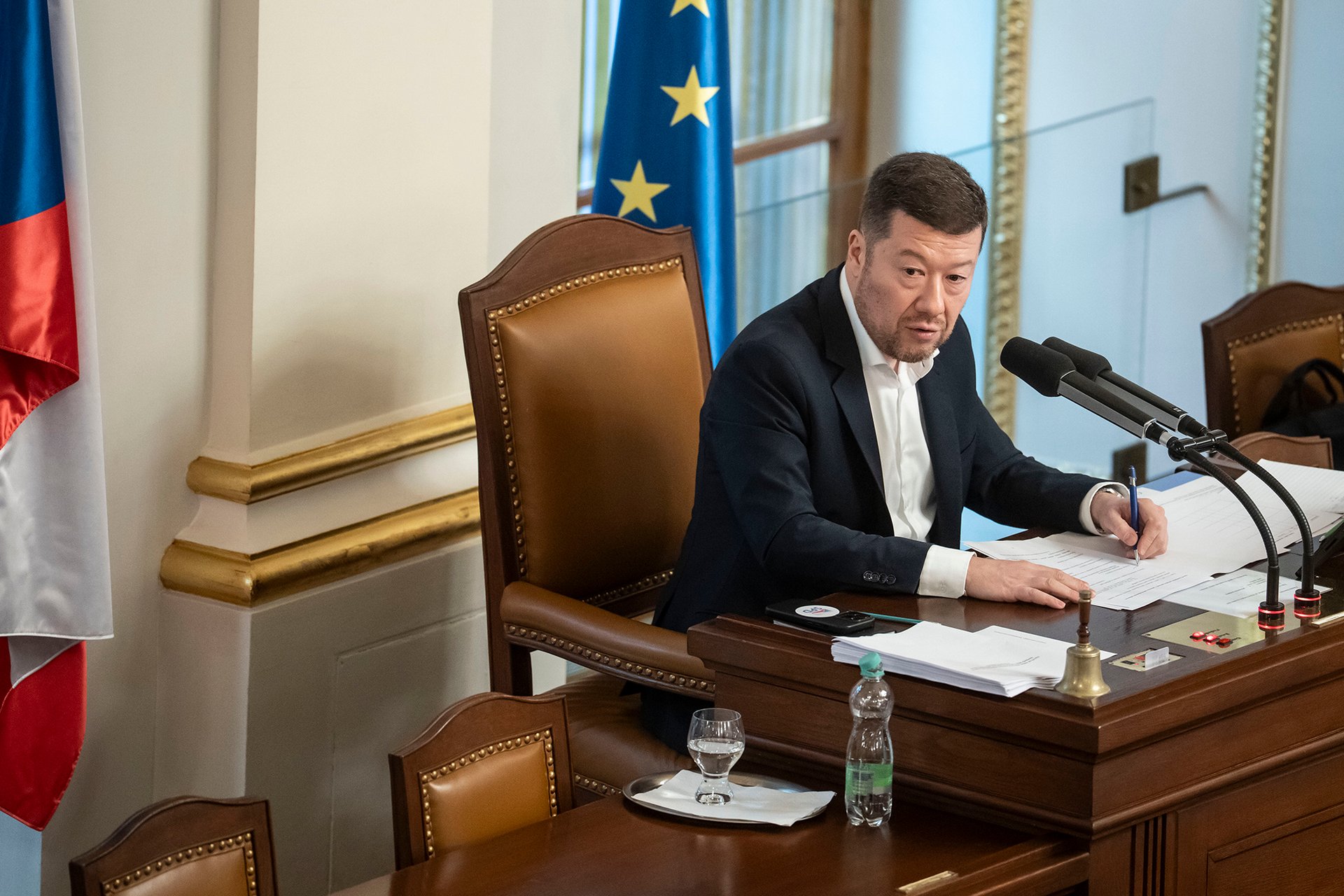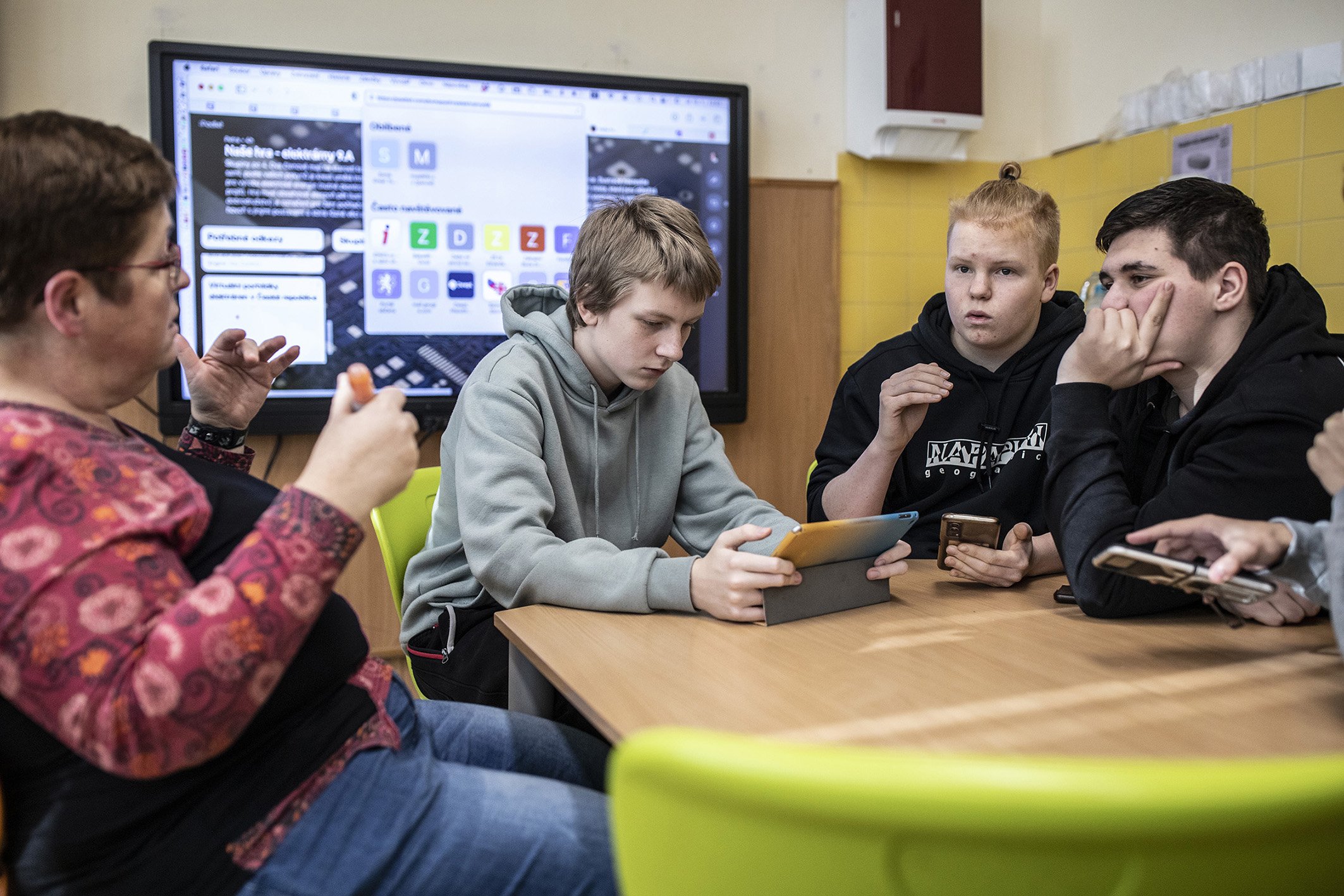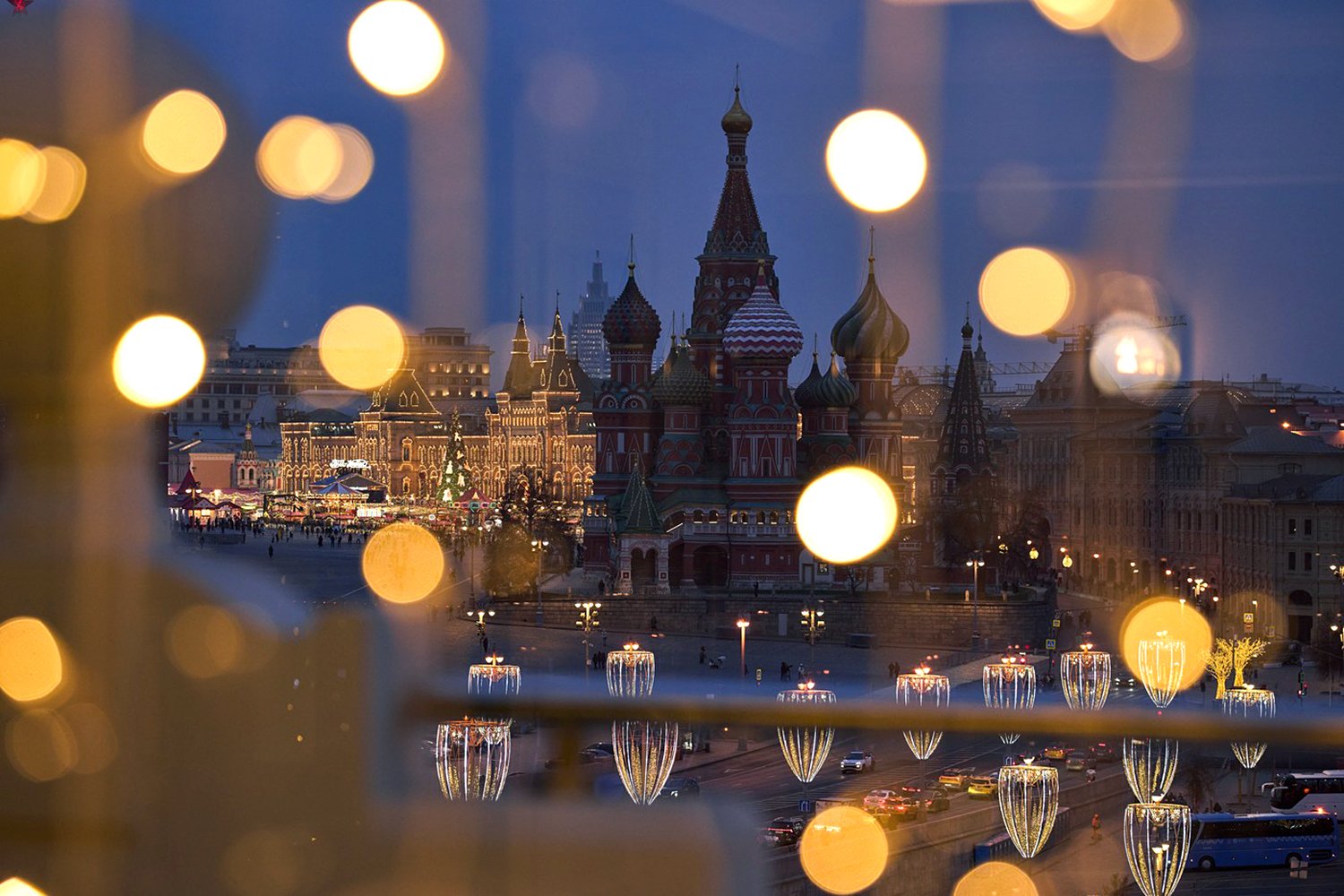Our people in Cairo
The new EU members need to learn that “diplomatic” is not only a synonym for “conciliatory."

They say it’s bad taste to use the “I” form in news reporting. But, as a hero, I can permit myself this license.
It started when I went to Cairo to cover the recent revolutionary days in Egypt and as it happened I was among those arrested as police tried to round up all the foreign press on the spot. After some time, as the man in the brown leather jacket – the de facto uniform of the plainclothes police – was dragging me through a Cairo street, I managed to escape and that was it. OK, there was a taxi chase and a struggle as the police officer tried to enter the locked car, but that’s not important.


And yet, incidents like this became important – the story of the day in the Czech media – although no great harm came to me and the other Czech journalists caught up in the police roundup.
It was definitely news when the supposedly civilized statesman Hosni Mubarak ordered a crackdown on the ranks of the foreign press thinking it might a) be an effective tool and b) pass unnoticed in the West.
But too often the Czech press portrayed us as heroes and martyrs, leaving aside the very phenomenon of an old-school crackdown and forgetting that risk and even danger goes with being a reporter, like it or not.
The Western media also ran similar stories about their own staff but in a much more discreet way, for instance when a reporter was unable to go on air, or a photographer’s pictures unable to be printed because the reporter had been detained or the photographer’s camera snatched. So here’s a warm-up question: Why is it that most of the Czech media put their reporters’ personal stories on the front page and told them to write extensively and in the first person about what happened? Sure, it sells well, but so might it elsewhere and you don’t see the German dailies running that stuff on Page 1.
Is it that this country, the Czech Republic, lacks modern-day, indisputable heroes? Or is it the lack of excitement in the Czech lands in general?
There is a more serious side to this. When one of the Czech media contingent – a photographer for a Prague daily – was arrested and was being taken to an army base in Cairo, the rest of us contacted the Czech embassy in Cairo, explained the situation, and told the chargé d’affaires that the best way to help our colleague was for the diplomat to go to the base, ask to speak to the journalist – which he had the full right to do under international law – and if possible take him somewhere safe. The chargé d’affaires said he had analyzed the situation and come to the conclusion it would be too risky for him to do that. The photographer spent a few more hours tied up in a dark room before soldiers drove him and several other foreign journalists to a nearby hotel.
A few days later the magazine I work for posed the question to the Czech foreign minister: had the diplomat in question acted correctly?
He responded that it was entirely up to the diplomat on the spot to weigh the situation and act as he thought best. When a situation like this occurs, he said, “The diplomat must act on it. He or she must not be inactive, but whether he or she should take a car and go somewhere, it’s up to the person. I can’t order him or her to undertake a risky operation if the person sees it as risky and doesn’t want to go for it.”
At the height of the anti-Mubarak demonstrations you could see people with national flag stickers on their backs waiting in the arrival and departure halls of Cairo airport to offer assistance to their compatriots on the spot. There were Americans, Brits, New Zealanders, Canadians, and French. But I didn’t see a single Czech, Polish, or Hungarian flag, even though thousands of tourists from those countries were probably still in Egypt at the time. And, as we found out later from fellow journalists, while the Czech and other post-communist countries’ journalists were by and large left on their own to deal with the police or army, intense negotiations between the Egyptians and diplomats took place when certain Western reporters were detained.
Which goes to show once again that democracy, or a Western civilizational level if you like, is a learning process for the so-called new states in Europe. A state’s diplomatic service should be ready for dramatic shifts even in comparatively safe countries like Egypt.
If there are no fixed rules, at least in the Czech case, on how to get a citizen out of trouble in a foreign country, then shouldn’t there be? Countries with wide outreach in the world put their prospective diplomats through tests of endurance and perseverance in stressful situations. If the Czechs and some of our neighbors don’t, it’s high time they did. The world is changing quickly, and when you sit tied up for hours in the dark, and your man in the country says, “I can’t do anything” when asked for help, that is just not good enough.
This column was originally published on the Transitions Online website (www.tol.org) on 16 February, 2011 . Transitions Online covers political, economic and social developments in Central & Eastern Europe, the Balkans and Central Asia.
Pokud jste v článku našli chybu, napište nám prosím na [email protected].

